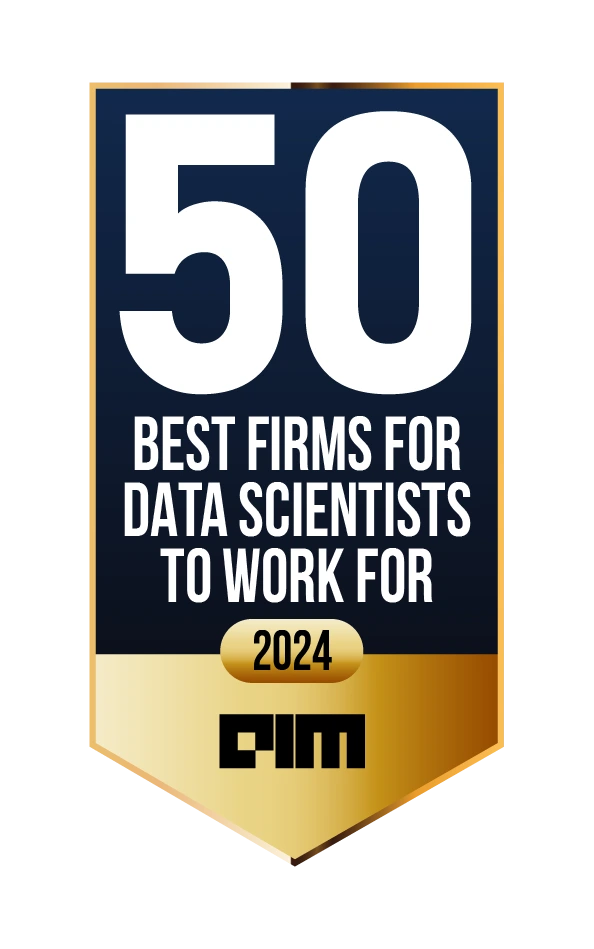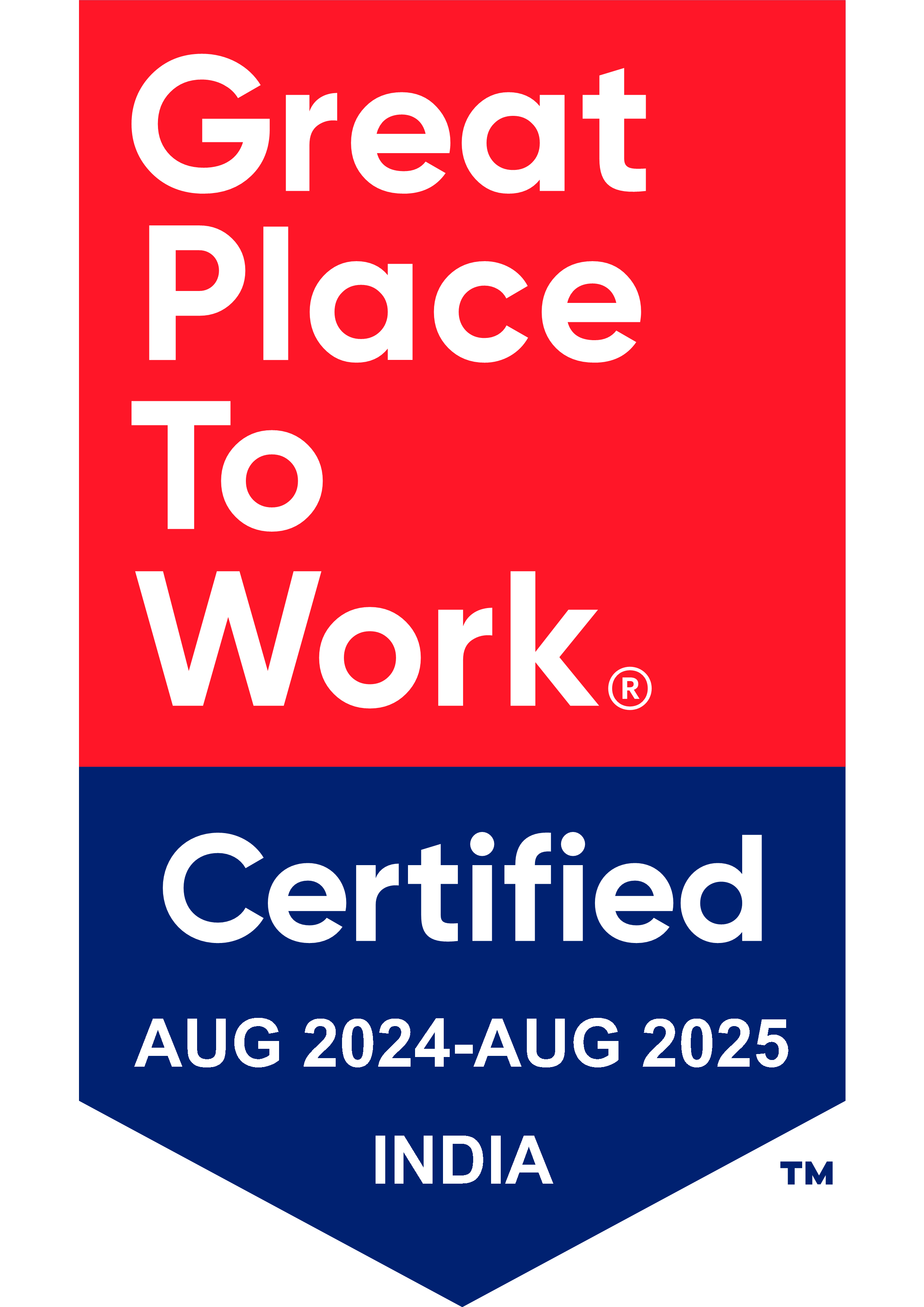Building a Thriving Analytics Career: Insights from Bhumit Shah, AVP - Analytics
- Team Aays

- Dec 23, 2024
- 4 min read

My biggest learning in analytics is simple: Get your hands dirty! Hands-on experience is the key to excelling in this field - Bhumit Shah.
With a people-first mindset, strong leadership, and a passion for tackling real-world analytics challenges, Bhumit inspires us all to push boundaries and strive for excellence. From sharing insights on the latest analytics trends to offering valuable advice for those starting their careers, Bhumit’s journey in the world of analytics is a testament to the power of continuous learning and hands-on experience. Read on for a deeper dive into his perspective on leadership, innovation, and what it takes to thrive in the fast-paced analytics industry.
What sparked your interest in analytics and solidified your passion for it?
Bhumit: I have believed in numbers since childhood and am keenly observant of things around me. Both areas combined the opportunity to excel in analytics, and that’s how I started my data and analytics journey. I have been part of several stints across industries in the past decade, which gave me insights into what value analytics adds to organization and growth and how I have contributed with my skills; that’s what has fuelled my passion.
What’s your leadership philosophy, and how do you create an environment where your team can thrive?
Bhumit: Respecting every individual regardless of their seniority or role in the organization is what I deeply believe in. I try to create an ecosystem where my team and I are transparent about feedback and improvements. This is only possible when every individual feels comfortable speaking and considers themselves to be respected for their personal views.
What emerging analytics trends are you most excited about, and how do you see them impacting businesses in the next few years?
Bhumit: Given the vast and valuable data generated by various systems, I believe analytics as a workstream will be a key theme for the next 10 years. Within this space, I see three or four key areas at an inflection point that could drive major innovations.
Take healthcare analytics, for instance. With AI and analytics, we're talking about personalized medicine, earlier diagnoses, and even predictive healthcare that could revolutionize patient care. Then there’s Edge Analytics. With the rise of IoT devices, the need to analyze data right where it’s being generated is becoming critical. This can lead to faster, real-time decisions without the delays of sending data back to a central system. It’s a huge shift.
Another area is data literacy. Businesses are realizing that having a few data experts on the team is not enough. Everyone needs to understand how to work with data and make decisions based on insights. And finally, I look forward to synthetic data. Creating artificial datasets that are realistic but don’t carry privacy risks will be a game-changer. These trends are all set to drive major transformations in how businesses operate and innovate, and I think we’re just getting started.
What advice would you give to freshers who are just starting their careers in analytics? What are some common pitfalls to avoid?
Bhumit: My biggest learning in analytics, which I would like to pass on to freshers, is - Get your hands dirty. One will never be able to excel in this field unless the person has conducted hands-on learning & exercise in number crunching with any tool. One cannot just look at the fancy data strategy slides & transformation roadmaps without understanding the core domains & relevant data and how it is utilized in business decisions. Deciding where a simple spreadsheet-based analysis is just enough versus where to employ complex data science and models is the key skill to acquire.
What role does continuous learning play in your career, and how do you encourage your team to stay curious and improve their skills?
Bhumit: Nowadays, analytics and relevant space have become so dynamic—both technical & functional. I would not be relevant in the next year if I am not up to date on these aspects. The advancements happening in the platform & compute side to ensure we have the necessary environments available to support big data analytics; the advancements happening in how we utilize cleansed data, in what shape & format, and in what medium to provide seamless user experience—both of these areas are critical for me to provide better judgment & clarity to my stakeholders and instill trust in our partnership.
You’ve had a long career in analytics. What’s one personal habit or mindset that has helped you remain successful in this fast-moving industry?
Bhumit: Consistency. Not specific to analytics or any specific domain, but I would emphasize being consistent in what you do and what you believe in. There will be certain professional challenges, technology shifts, personal events, peer pressure, etc. that could change the course of your mindset, but working on yourself rigorously to improve from yesterday is what helps to be in the game.
Lastly, what’s a fun fact about you that most of your colleagues may not know?
Bhumit: I love a good game of Poker. (a couple of colleagues may know!)
About Bhumit Shah
Bhumit Shah is an accomplished analytics leader with over a decade of experience across industries. AVP – Analytics at Aays, Bhumit brings a people-first approach to leadership and a deep passion for solving real-world analytics challenges.
Frequently Asked Questions
What skills are essential for a successful analytics career?
Data analysis, critical thinking, business acumen, and hands-on tool proficiency are crucial for growth in analytics.
What are the emerging trends shaping analytics careers?
Trends like healthcare analytics, edge analytics, data literacy, and synthetic data are redefining the field.
How can freshers start their analytics career?
Focus on hands-on learning, understanding data, and mastering tools like Python, Excel, or SQL
What advice do experts give for advancing in an analytics career?
Stay consistent, keep learning, and adapt to technological changes to remain relevant in this dynamic field.









Comments